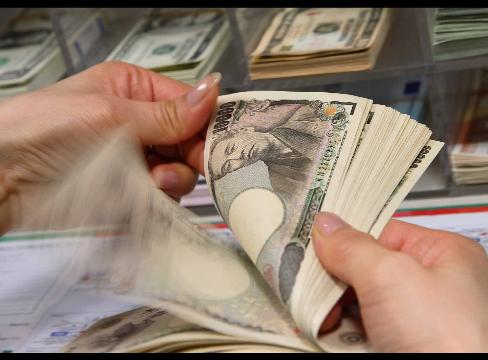Japan's economic stimulus may miss those most in need
 Tokyo - As the Japanese government hopes to encourage consumption by cash handouts as part of its economic stimulus plan, concerns are spreading over whether the money would reach some of the most active consumers.
Tokyo - As the Japanese government hopes to encourage consumption by cash handouts as part of its economic stimulus plan, concerns are spreading over whether the money would reach some of the most active consumers.
Prime Minister Taro Aso's administration decided in late October to allocate about 2 trillion yen (20.63 billion dollars) to Japan's households amid escalating global financial crisis.
While the government encourages higher-income households with 18 million yen and up to decline the cash handouts, middle-income households are very likely to stash the subsidy in their savings, and the lower-income households are most likely to spend it, economists said.
"When I first heard about the cash handouts of 12,000 yen (about 124 dollars), I thought I could finally get a new pair of shoes," said Takako Nakai, the pseudonym of a woman in her 40s.
Nakai is a victim of domestic violence who fled from an abusive husband. As the government plans to send the voucher to a household address, she and other victims who live in hiding will not be able to receive it because they can't list their current residency, out of fear for their safety.
The subsidy would most likely go to the perpetrators without an alternative plan, Nakai said. The Cabinet Office report in 2005 shows that one in three women in Japan suffered spousal abuse.
A 34-year-old day labourer in Tokyo's Ikebukuro entertainment district also won't receive the 12,000 yen because he moves from one internet cafe to the other every night without any permanent place to live.
About 5,400 so-called "net cafe refugees" like him can't afford housing due to low wages and unstable employment.
Although he could return home to receive the money, the transportation would eat up the subsidy, Japan's daily the Yomiuri Shimbun quoted the labourer as saying.
Due to declines in companies' earnings, more than 10,000 workers lost their jobs in the nation's manufacturing sector in October, according to Health, Labour and Welfare Ministry's report.
Many of them also lost the accommodation that came with their jobs.
Japan's estimated 16,000 homeless may not receive the government's assistance because they can't register their current sleeping location as their home address.
The Supreme Court in October rejected a 58-year-old homeless man's appeal to recognize a city-managed park as his personal address. Yuji Yamauchi built a tent in the park in western Osaka city and has lived there since 1998.
Because Japan's low-income households are on a tight budget they would very likely spend the one-time cash distribution, economists say.
Welfare-recipient Nakai gives priority to daily necessities such as food and utilities. As much as she would like to wear a new pair of shoes, Nakai said she would allocate the 12,000 yen to help her monthly expenditure for groceries if she gets the money.
"Groceries such as a loaf of bread or frozen noodles that cost 100 yen before have gone up to 126 yen recently, and that is a big difference to us," she said. "I don't know about what the high-income people think, but 12,000 yen would be a big financial help for us."
If Japan's economy enters a recession, many say they would save the subsidy for potential inflation or increase in taxes.
"I don't plan to use the money," a middle-income man, 60, was quoted as saying, adding that he would save it in case the government raises taxes later.
"Japanese consumers are saying that this is just shifting money from one pocket to the other," says Martin Schulz, senior economist at Fujitsu Research Institute.
They know that their government already has mounting debt. They would rather save it than spend it because they don't feel secure about the future, Schulz said.
Japan's public debt has reached about 180 per cent of the nation's gross domestic product.
In 1999, the government issued gift vouchers worth 700 billion yen in total to stimulate regional economic activity, but only 32 per cent was contributed to boosting consumption, according to the government survey. (dpa)